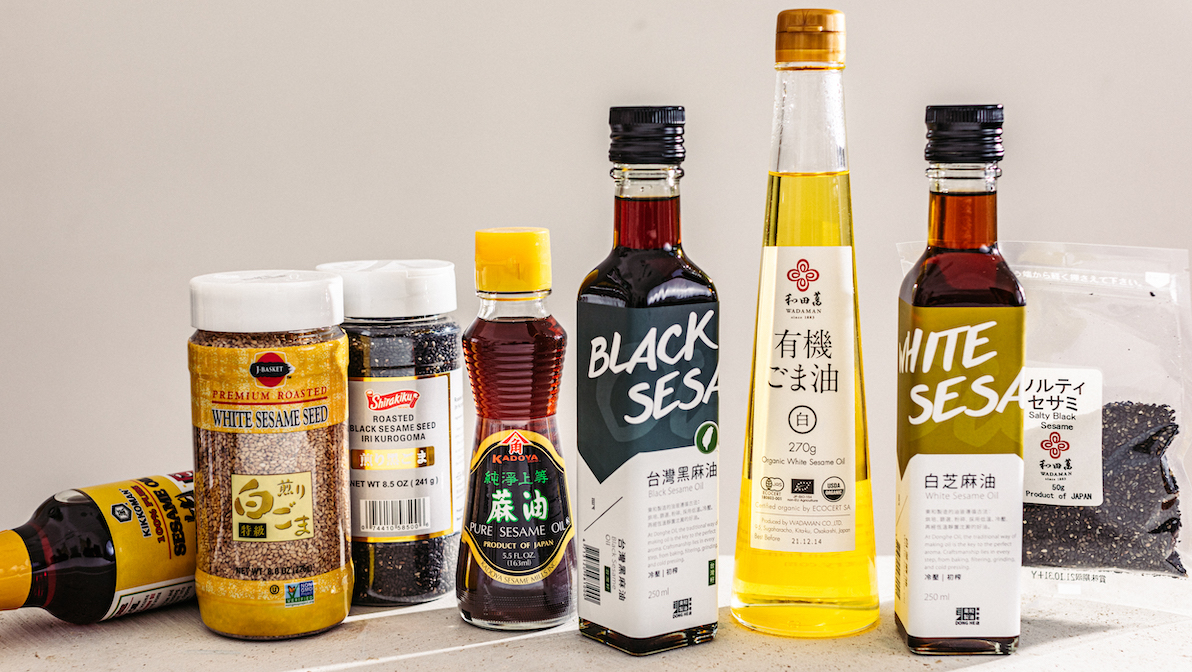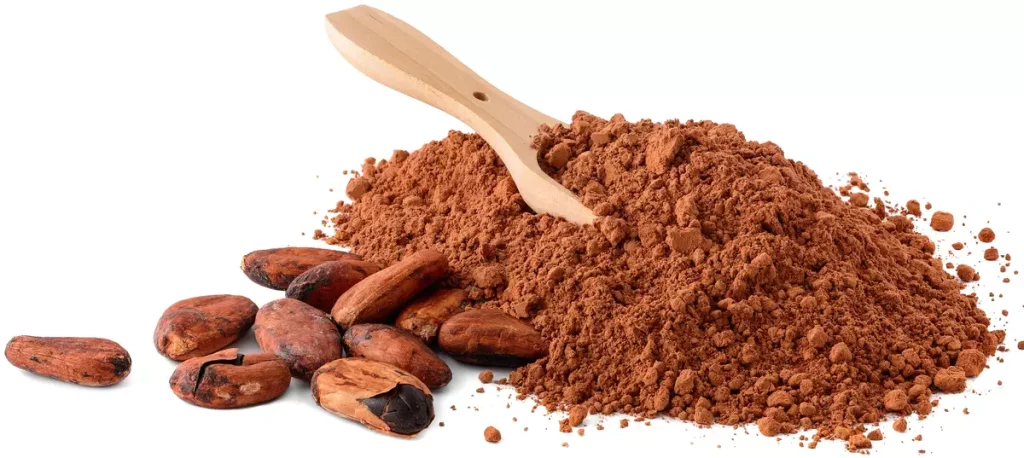The sesame plant’s nutritional qualities have inspired some to dub its oil the “Queen of Oilseeds”
Belonging to the Pedaliaceae family, a group of plants harvested for their edible seeds, its scientific name is Sesamum indicum.
Sesame oil is made from raw, pressed sesame seeds and has culinary, medicinal, and cosmetic uses.
This article lists 10 science-backed benefits of sesame oil.
1. High in antioxidants
Sesame oil contains sesamol and sesaminol, two antioxidants that may have powerful effects on your health.
Antioxidants are substances that help reduce cell damage caused by free radicals. An accumulation of free radicals in your cells may lead to inflammation and disease.
A one-month study in rats found that taking sesame oil supplements protected against heart cell damage.
In that same study, antioxidant activity increased in rats that received either about 2 or 5 ml of sesame oil per pound (5 or 10 ml per kg) of body weight daily.
Sesame oil may have similar effects when used topically. One study in rats showed it may reduce cell damage by inhibiting compounds like xanthine oxidase and nitric oxide, which produce free radicals.
2. Has strong anti-inflammatory properties
Chronic inflammation can be harmful and lead to illness, which is why it’s important to limit it as much as possible.
Traditional Taiwanese medicine has long employed sesame oil for its anti-inflammatory properties, using it to treat joint inflammation, toothaches, and scrapes.
More recently, animal and test-tube studies have shown that sesame oil can reduce inflammation, which may be one of its main health benefits.
For example, test-tube studies have found that sesame oil reduced inflammatory markers, such as nitric oxide production.
However, more studies in humans are needed.

3. Good for your heart
A well-established body of research shows that a diet rich in unsaturated fats is good for heart health.
Sesame oil comprises 82% unsaturated fatty acids.
In particular, it’s rich in omega-6 fatty acids. Omega-6 fatty acids are a type of polyunsaturated fat that is essential to your diet and plays an important role in heart disease prevention
Research in rats suggests that sesame oil may help prevent heart disease and even slow the development of plaque in your arteries.
In fact, it may lower your cholesterol levels when used in place of oils high in saturated fats.
A 1-month study in 48 adults found those who consumed 4 tablespoons (59 ml) of sesame oil daily had greater reductions in LDL (bad) cholesterol and triglycerides, compared with those who consumed olive oil.
4. May help control blood sugar
Sesame oil may support healthy blood sugar regulation, which is especially important for people with diabetes.
One study showed that putting rats with diabetes on a 6% sesame oil diet for 42 days resulted in significant reductions in blood sugar, compared with rats that were not fed the oil.
Sesame oil may even play a role in long-term blood sugar regulation.
A study in 46 adults with type 2 diabetes found that taking sesame oil for 90 days significantly reduced fasting blood sugar and hemoglobin A1c (HbA1c), compared with a placebo group. HbA1c levels are an indicator of long-term blood sugar control.
5. May help treat arthritis
Osteoarthritis affects nearly 15% of the population and is a common cause of joint pain.
Several rodent studies have linked sesame oil to improvements in arthritis.
In one 28-day study, researchers gave the oil to rats at daily doses of 0.5 ml per pound (1 ml per kg) of body weight. The rats experienced reduced markers of oxidative stress and arthritic symptoms, such as joint pain.
Although animal studies have demonstrated that sesame oil may offer arthritis relief, research in humans is needed.
6. May help heal wounds and burns
While sesame oil can be consumed for its health benefits, it may also be used topically for wounds and burns.
Ozone is a natural gas that can be used medically. Its clinical use dates back to 1914 when it was used to treat infections during World War I. Oils with ozone added to them — known as ozonated oils — are used topically to treat various skin conditions.
In one rat study, topical treatment with ozonated sesame oil was linked to higher levels of collagen in wound tissue. Collagen is a structural protein necessary for wound healing.
Other studies have demonstrated that topical treatment with sesame oil reduced burn and wound healing time in mice, though human research in this area is lacking.
The oil’s ability to speed the healing of wounds and burns can likely be attributed to its antioxidant and anti-inflammatory properties.
7. May protect against UV rays
Some research shows that sesame oil may protect against damage from UV rays, which can harm your skin. This effect is likely largely due to its high antioxidant content.
In fact, it has the ability to resist 30% of UV rays, while many other oils, such as coconut, peanut, and olive oils, can resist only 20%.
Several sources claim that sesame oil can be a good natural sunscreen and has a natural SPF. However, there is limited research on its effectiveness to protect from the strong rays of the sun, so it’s best to use sunscreen.




